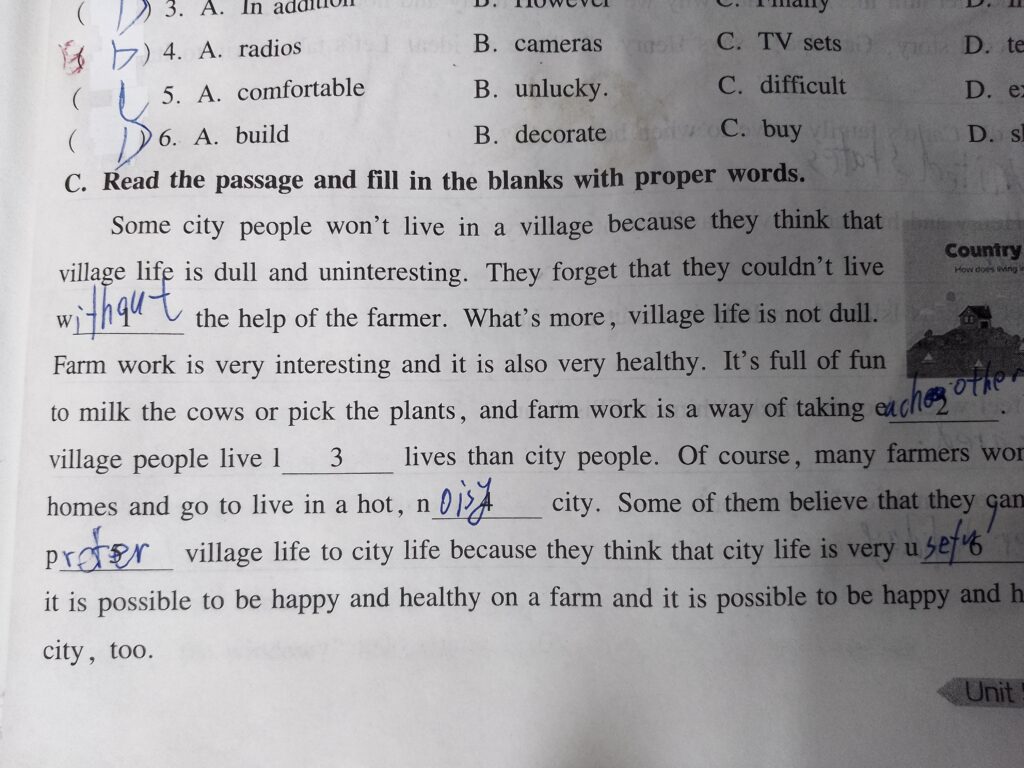情态动词
A. 定义和功能
啥叫情态动词,发明这个情态动词做什么用?看下面:
How do I know what to do next step?
How can I leave without making sure she is safe?
以上两句都是特殊疑问句,两者的共同点是什么?
看do和can的位置,一样
所谓情态动词就是助动词,是为了打麻将三缺一凑数字用的,凑什么?凑特殊疑问句。和助动词不同的是情态动词赋予了涵义,呃,用数学说,就是情态动词就是赋值了的助动词.

Modal Verb
B. 辨析
can: 表天生能力,能够
用法:Fish can swim.
need: 表生理或者心理需求,需要=want
用法:Anything you need, call me.
may: 表可能性,可以
用法:May I have your name?
might: 就是把may的可能性升级或者过去时态,可否
用法: I am thinking, I might wanna some money from you.
must: 表主动遵守规则,必须
用法: We must obey Traffic Rules.
must有个语法点,就是表must的否定用needn’t
must not=用不着
need not =不必
用法:
What are you worrying about? As an agent in CIA, sometimes, you must not obey some regulations.
你在担心什么呢?作为CIA的特工,有时,你用不着遵守一些规则。
—Must people wear helmet when riding scooter?
—No, you needn’t do it, cause you have hurt your head.
—骑电动车必须戴头盔吗?
—你不必,因为你头受伤了.
have to: 表被动遵守规则,不得不
用法:Nowadays, students in China have to do a lot of homework after school.
should: 表责任,义务的必须
用法:Parents should cover children any time.
注意翻译:父母有义务为孩子遮风挡雨,在任何时候
should有点特殊,以后学到虚拟语态时候,表示“最差情况下”
Should there be a little chances, I would try to grasp it.
就算有一点机会,我也会试图抓住机会.
Verbo Modal
Copyright by Purement Institution, All Rights Reserved.
